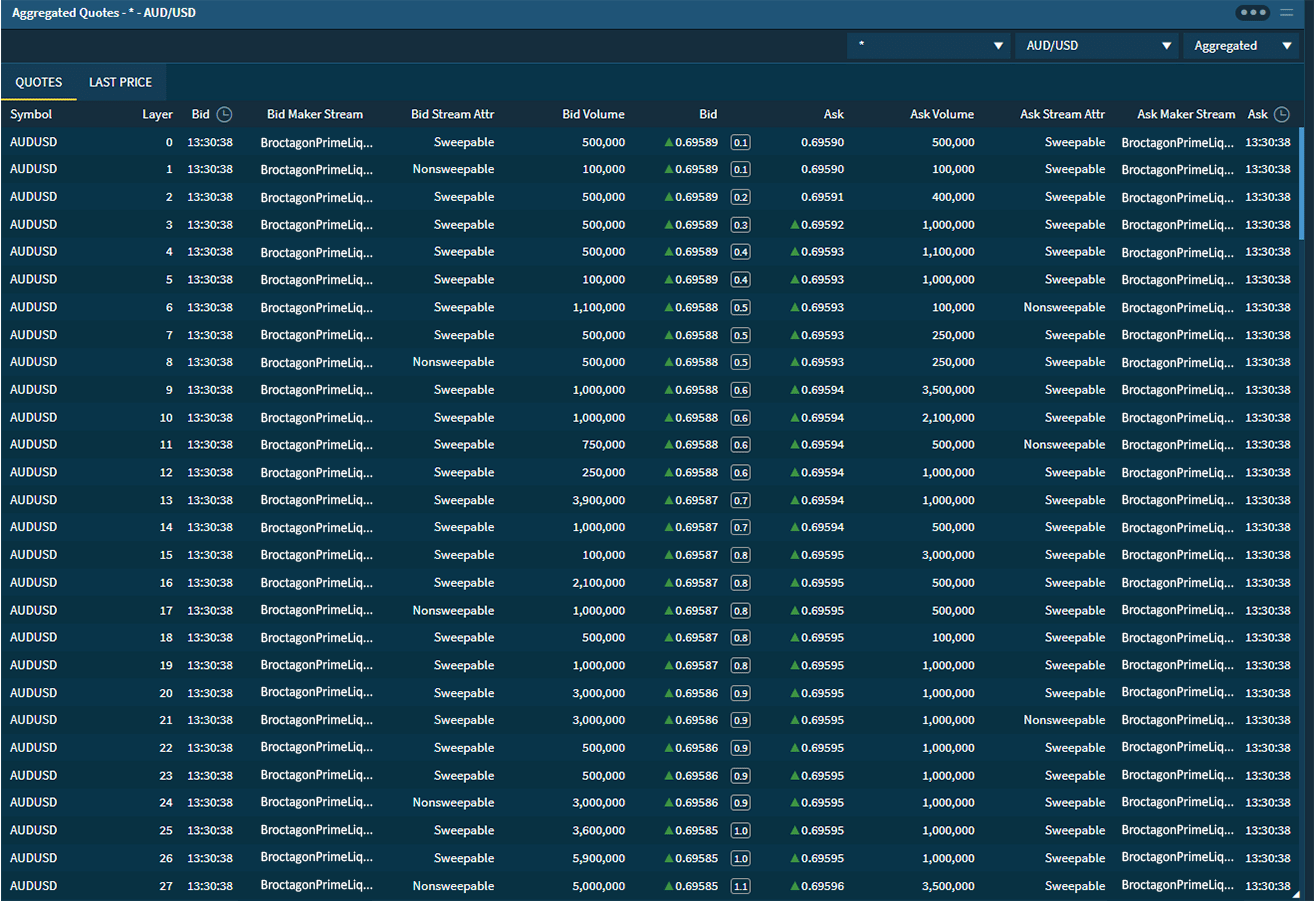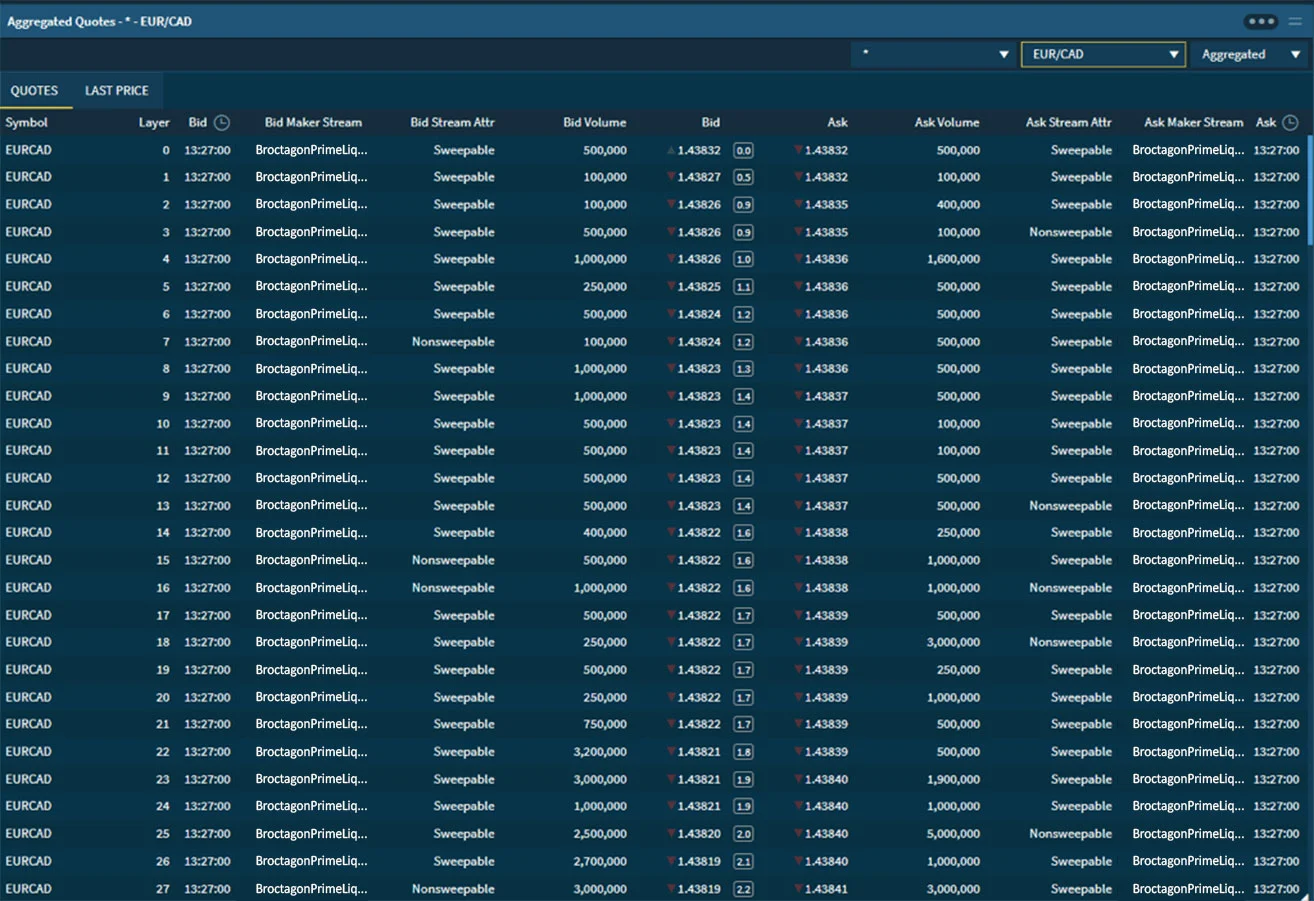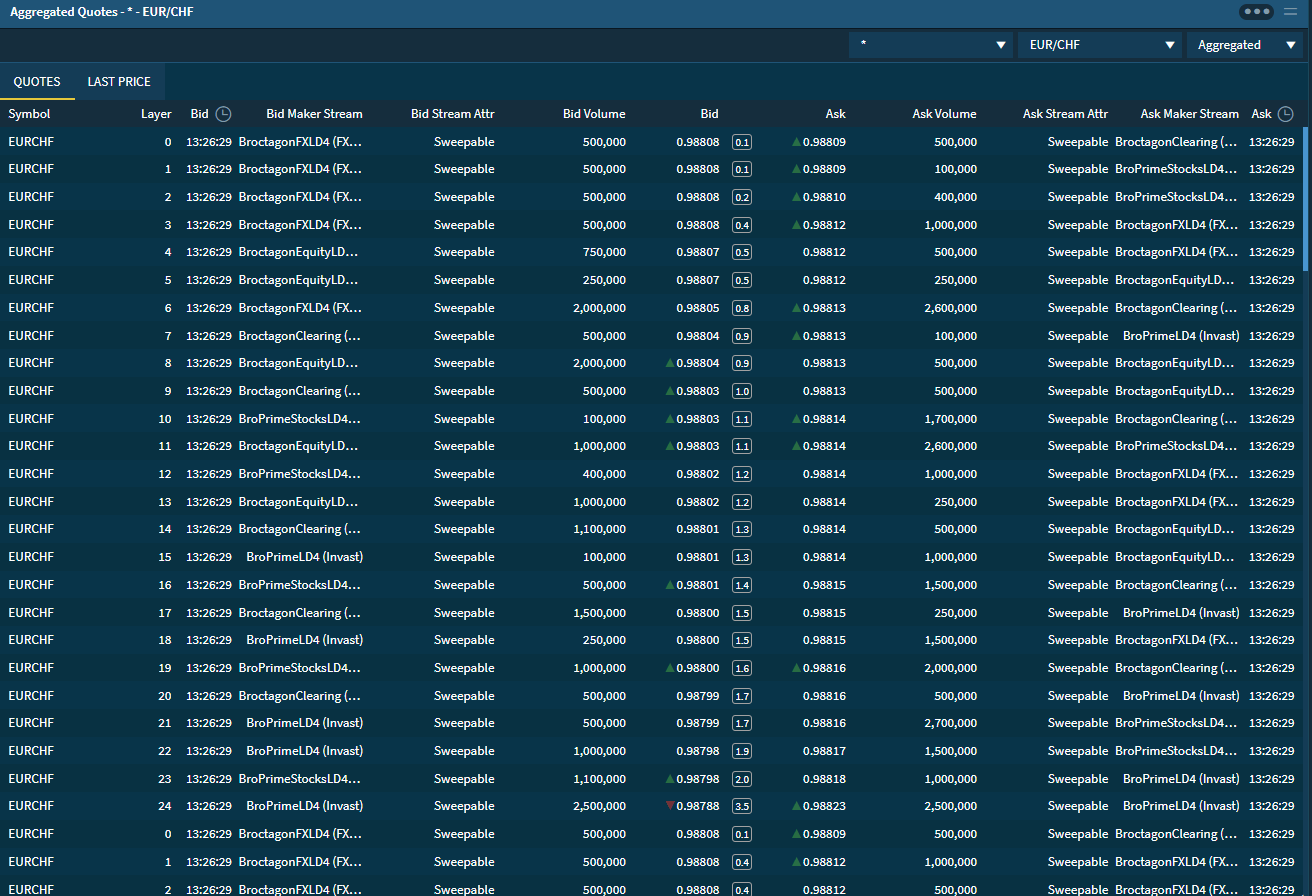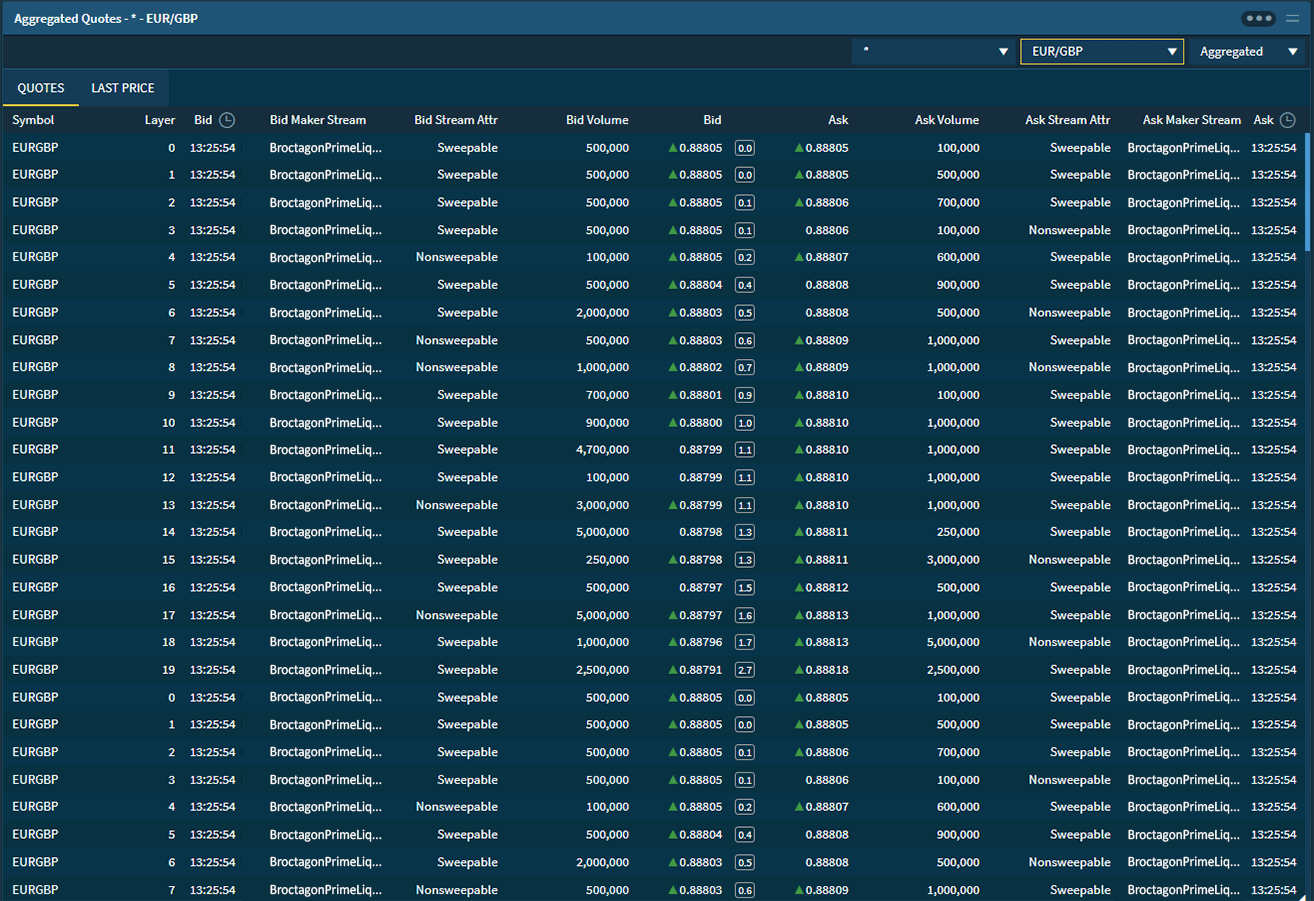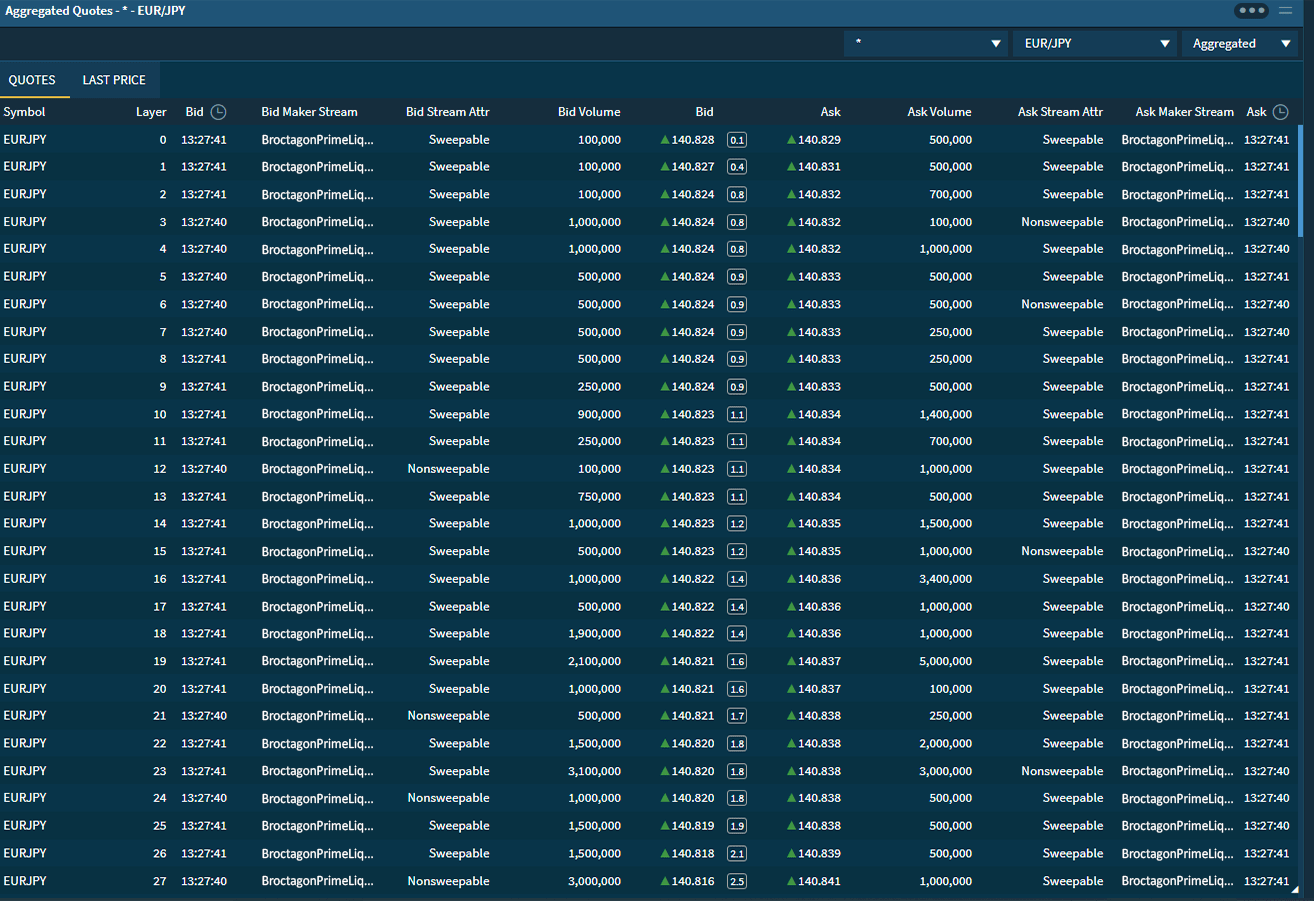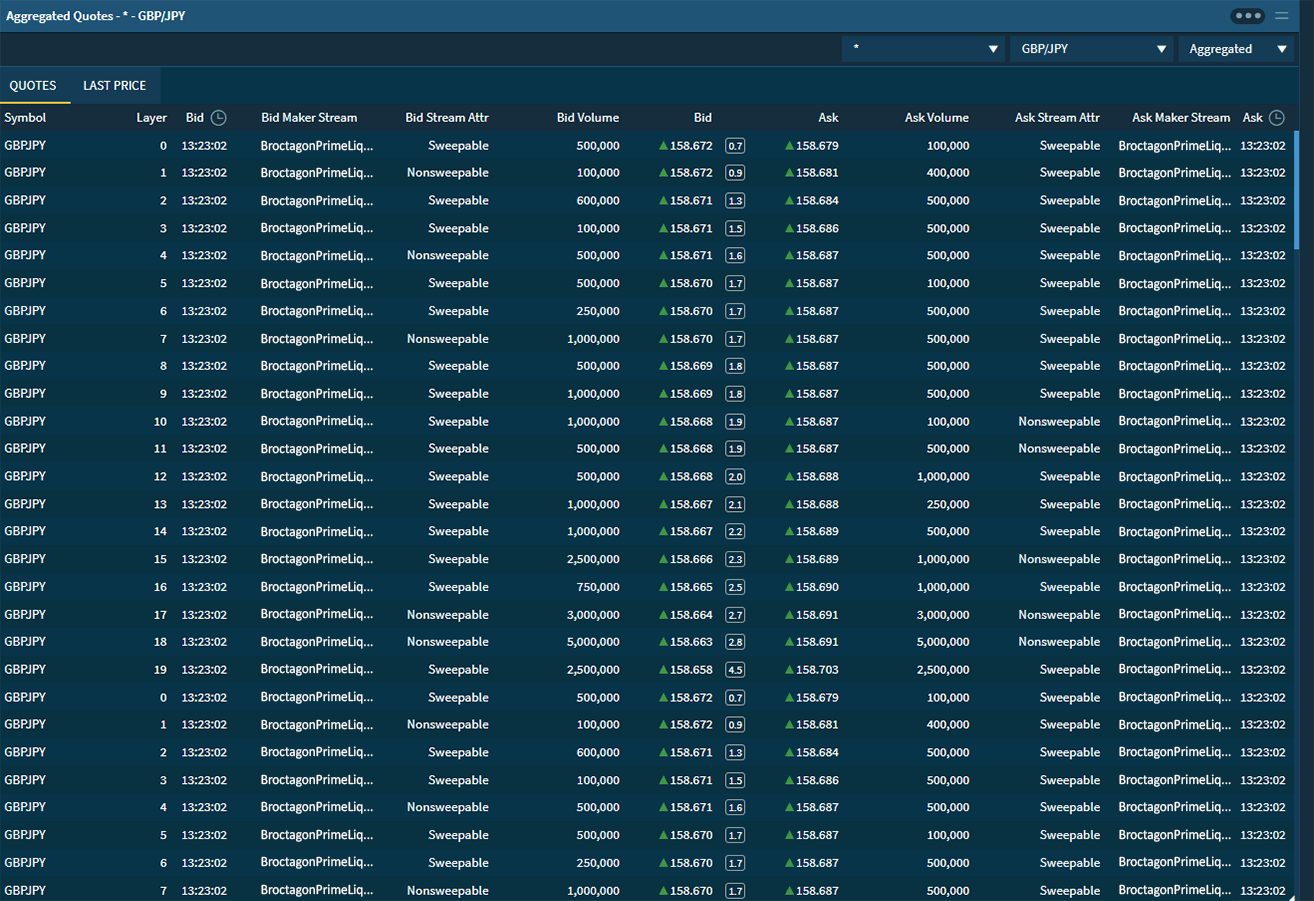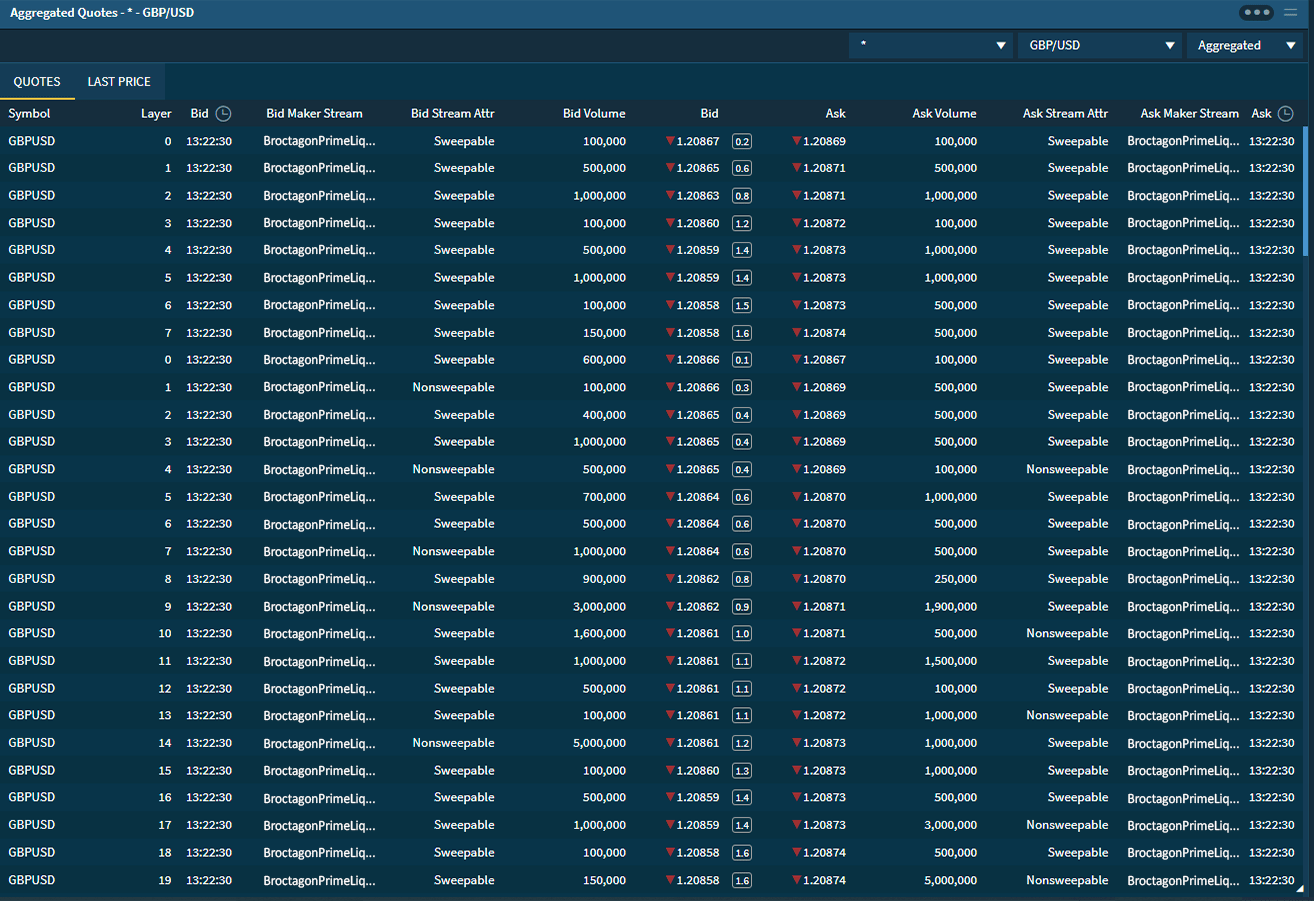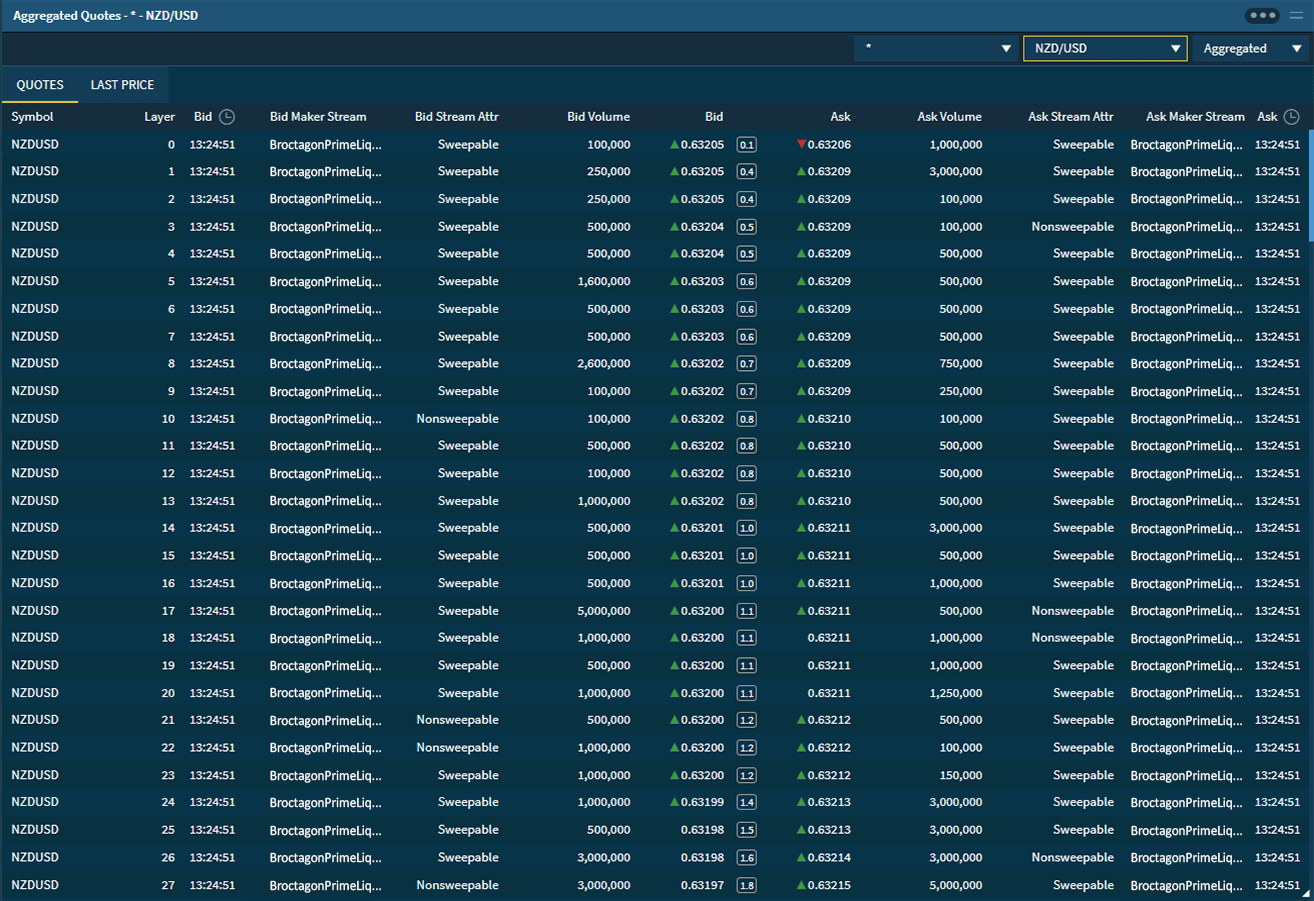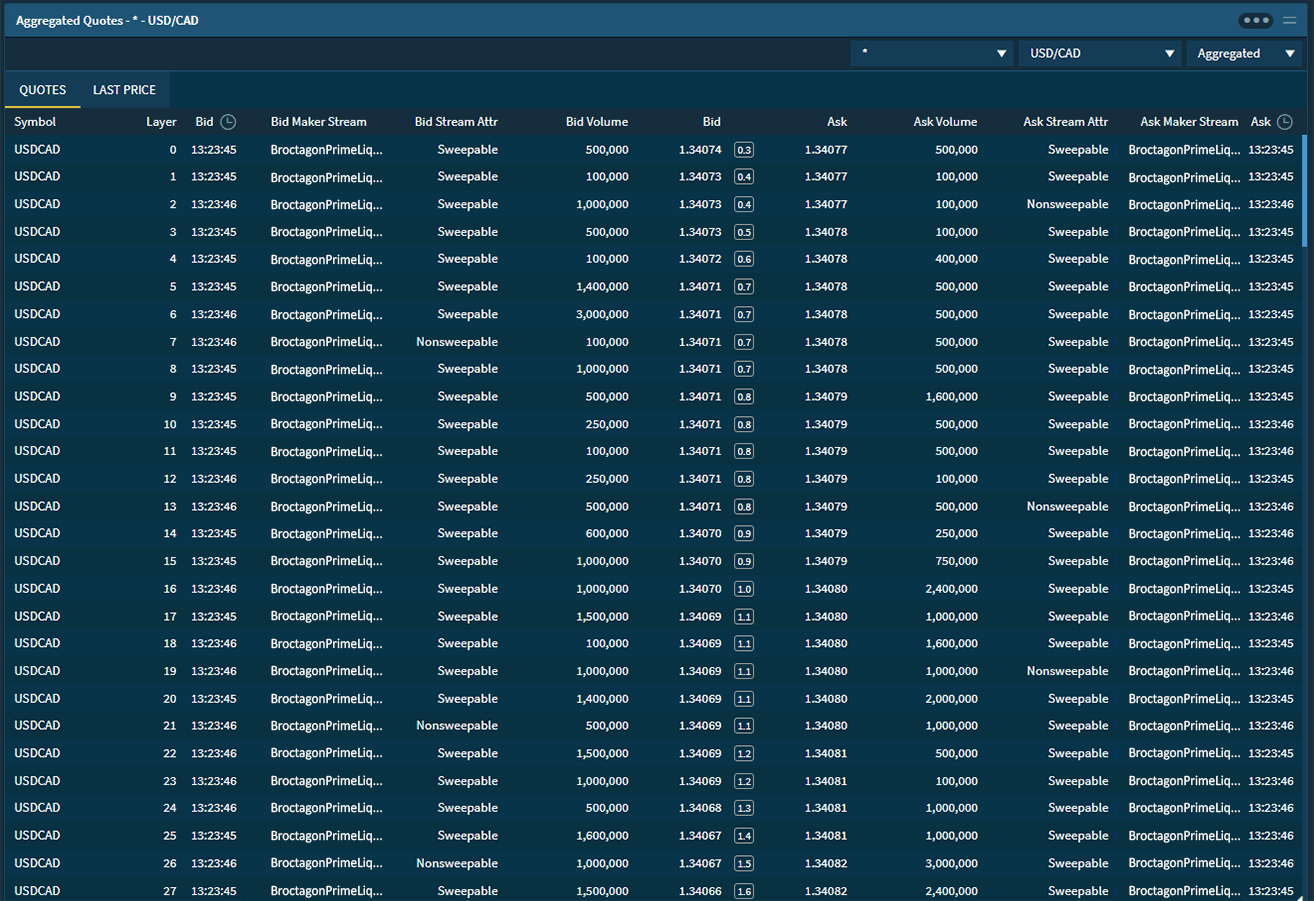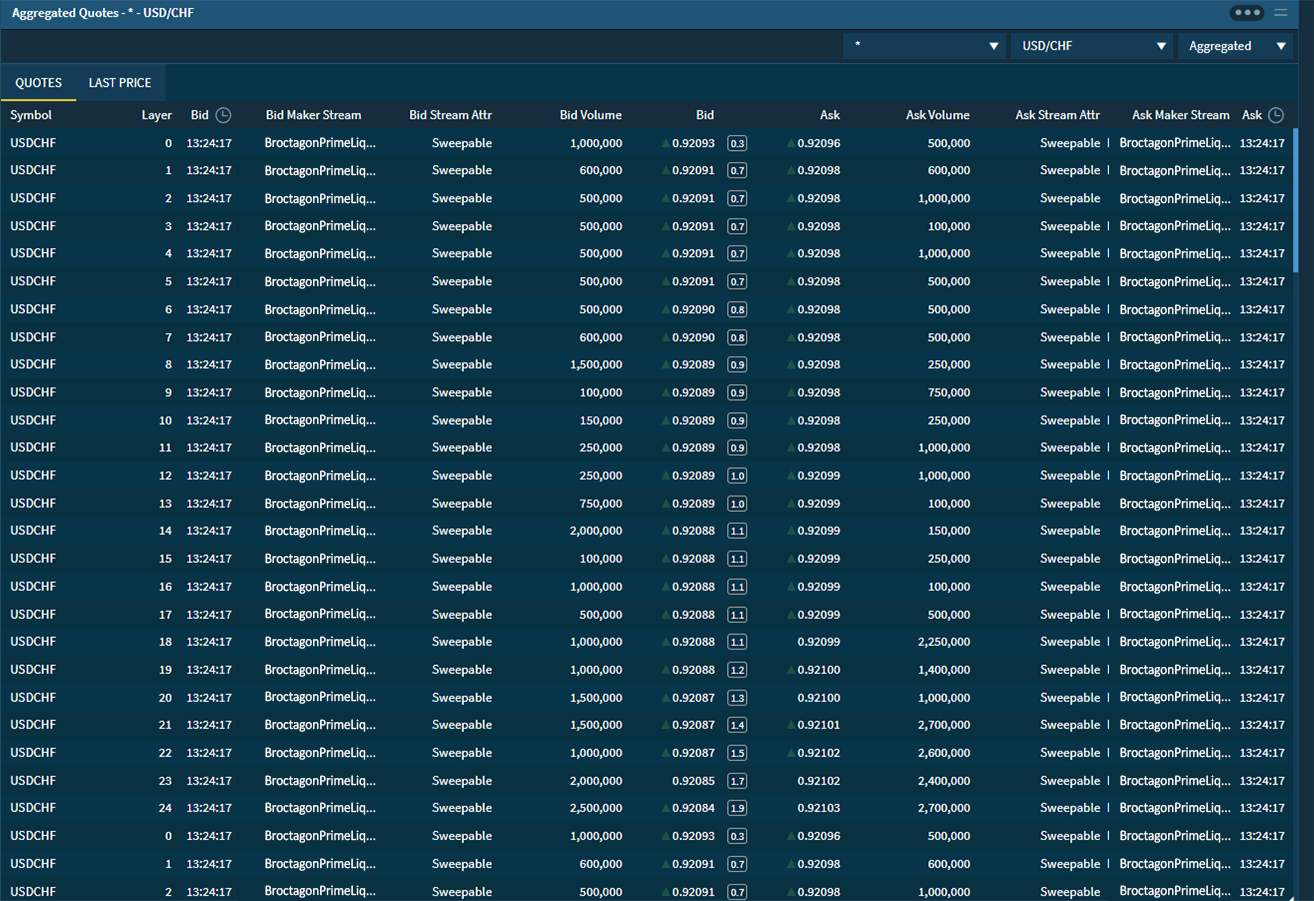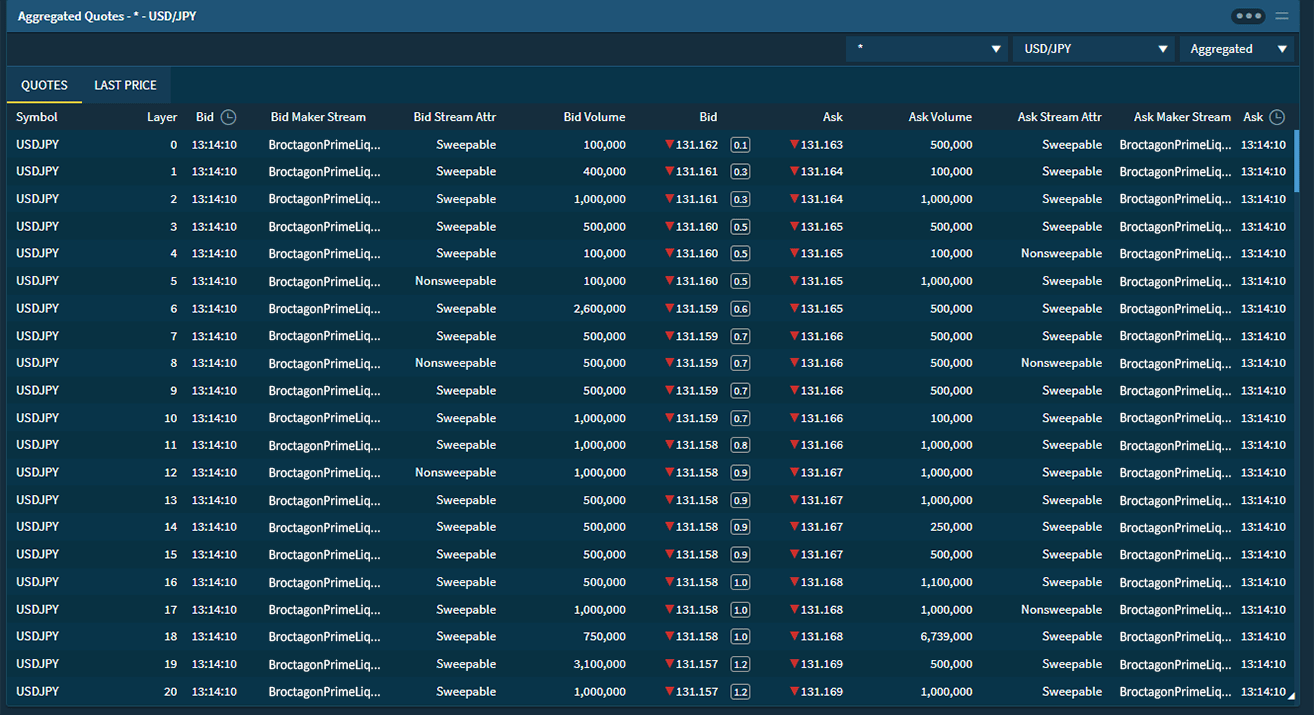8 Steps to Setting Up a Forex Brokerage
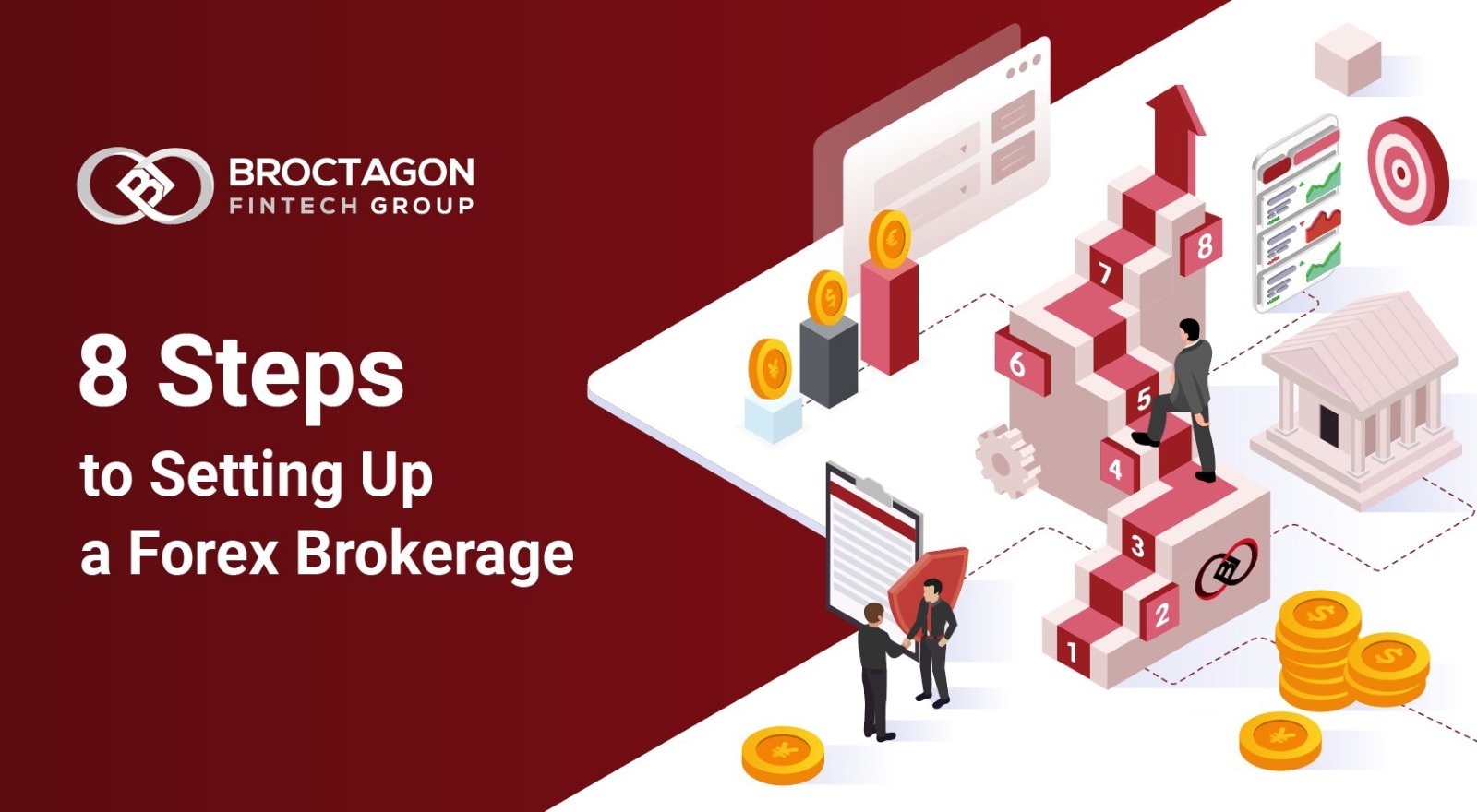
The foreign exchange (Forex) market is the world’s largest and most liquid financial market, and in recent years, the rise of online trading platforms and mobile proliferation have made it easier than ever for individuals to participate, driving increased retail trading activity.
Trading technology has also advanced significantly with many Software-as-a-service (SaaS) platforms providing White Label services, making it simpler and less capital intensive for new Forex Brokers to emerge.
If you’re interested in setting up a Forex Brokerage, it’s essential to understand the processes involved in starting and running such a business. Establishing a forex brokerage can be a lucrative venture, but it requires careful planning, preparation, and execution. The ability to differentiate yourself in an increasingly crowded marketplace is also pivotal to success.
In this guide, we will outline the key steps involved in setting up a Forex Brokerage, from researching regulatory requirements to acquiring the necessary technology and talent to run the business. Whether you’re an IB looking to launch your own brokerage, an aspiring entrepreneur, or an experienced trader looking to set up your own trading firm, this guide will provide you with a comprehensive overview of the critical steps involved in launching a successful forex brokerage.
1. Define Your Target Market
To enhance your likelihood of success, it is essential to have a clear understanding of the crucial demographics and psychographics of your target audience, ideal customers, and competitors. This knowledge will enable you to tailor your offering and make your marketing approach more targeted, as well as help decide on the jurisdiction in which you would like to incorporate your company.
It is also highly advantageous to have an existing Introducing Broker (IB) network when you kick-start your FX Brokerage. IBs are crucial when it comes to market expansion as they are essentially referrals who market your platform and are paid commissions when their referred clients trade. Establishing such networks will set the foundation for a healthy launch.
2. Determine the Capital Needed
One of the main reasons for the failure of Forex Brokerages is a lack of understanding of the true cost of running an FX business. Whether you’re considering white labelling or building a brokerage from scratch, the capital required for starting up can vary significantly. It’s important to consider the various expenses involved, such as registration fees, setup fees, technology costs, licensing fees, and monthly service fees. To gain a better understanding of the costs involved in setting up a forex brokerage, you may refer to our article “How Much Does It Cost to Set Up a Forex Brokerage?” This article provides a detailed breakdown of the expenses associated with starting and running a forex brokerage, enabling you to better plan and budget for your new business venture.
3. Decide Which Jurisdiction to Incorporate and License to Obtain
When deciding on the country of incorporation and jurisdiction for your forex brokerage, it’s important to consider several factors beyond just your target audience. These factors may include:
- Which licence are you intending to apply for?
- How crucial is the jurisdiction in attracting and retaining clients? Some jurisdictions are deemed more reputable.
- How quickly do you want to launch your forex brokerage?
- What are your preferred methods for processing client transactions?
- Which bank would you choose to open your corporate bank account with?
- What is your available budget?
The timeline and costs associated with incorporating in a particular jurisdiction or obtaining certain licenses can be vastly different. While some jurisdictions may allow for a relatively quick incorporation process of one to two months, others may take 12 months or more. In terms of licensing, the capital requirements and application fees can also add up to a hefty sum, especially with more reputed licenses such as Financial Conduct Authority (FCA UK) or Cyprus Securities and Exchange Commission (CySEC). By carefully evaluating your needs and resources, you can make an informed decision on which jurisdiction is best suited for your Forex Brokerage.
To save both time and money, it is highly recommended to seek advisory from seasoned FX solutions providers or licensing agents to help increase the chances of successful license applications.
4. Choose the Right Business Model
In addition to the choice of jurisdiction, the decision on which brokerage model to adopt is equally important. There are four models available, namely the market maker model, the agency or STP model, the ECN model, and the hybrid model. Each of these models has its own unique characteristics, advantages, and disadvantages. The brokerage model you choose will have a significant impact on how transactions are executed and how fees are determined, whether in the form of commissions or spreads. It’s important to carefully consider the various factors and trade-offs associated with each model before making a final decision. Ultimately, choosing the right brokerage model is critical to the success of your forex brokerage and its ability to meet the needs of your clients.
5. Set Up Brokerage Infrastructure – Trading Platform & Technology
There are typically 2 options to set up an FX Brokerage, each with its pros and cons: Building a brokerage from scratch or setting up via a White Label solution. The former will allow you complete control and full autonomy of all nitty-gritty elements, but it will require immense time, manpower and resources. You will not only require a deep understanding of Forex, but also the technological aspects as well, to form the right team for product development.
For the majority of brokers, the ideal choice would be to work with an established solutions provider. A reputable full suite FX provider will be able to supply all technological components that a FX Broker requires, from trading platform and managed server hosting to Customer Relationship Management Systems (CRMs) and trading plugins. As a White Label, your broker will get a quick start while still enjoying the benefits of being customizable and operating under your own brand. Brokers usually pay a monthly license fee for usage of these White Label software and in some cases a setup fee. However, these fees are a mere fraction of the cost required to develop your own. Choosing the right technology partners will set you on the right path to success in providing a great trading experience to your clients.
In fact, it is never too late to start developing your proprietary technology after gaining experience from running a successful and profitable brokerage, when tailored needs, security or privacy becomes ascendingly important. At that stage, your business insights, knowledge of the markets and budget available may be more apt in embarkation of such a mammoth technological undertaking.
6. Connect With a Liquidity Provider (LP)
Having a wide variety of trading instruments with tight spreads is crucial to providing a competitive trading environment for your traders. To achieve this, liquidity is a vital factor in ensuring smooth execution at the best prices.
With many options in the market, selecting the right Liquidity Provider (LP) can be narrowed down to these few factors.
- Regulatory – funds security is of utmost importance, and you will want to deal with a regulated entity in reputable jurisdictions. Some examples are UK Financial Regulatory Authority and the Australian Securities and Investments Commission, Cyprus Securities and Exchange Commission and the Malta Financial Services Department. These licences require the LP’s client’s funds, in other words your funds, to be in a segregated bank account so that it does not co-mingle with the LP’s operational funds. This provides an additional layer of security.
- Aggregated liquidity – you will want to pick an LP with liquidity that is aggregated from multiple sources so that you consistently have access to the best prices. Such LPs also have a wider range of asset classes as well as greater market depth should you require to send large orders.
- 24/7 Support – trading occurs round the clock and with the advent of digital assets, weekends are now open for trading as well. The LP you choose must offer timely support to solve issues fast as the Forex markets are rapid and unforgiving. Every erroneous second can be extremely costly.
7. Connect With a Payment Processor
In order to accept deposits from clients as efficiently and effortlessly as possible, you need to work with one or more Payment Service Providers (PSPs). A PSP is a third-party service provider that creates a single gateway for a Forex Broker to accept a broad range of payments via credit cards, debit cards, digital wallets (e.g. Paypal, Skrill, etc.), and crypto wallets. There are a variety of factors to consider when choosing a PSP. Starting from the provider’s risk profile to countries of operation, technical aptitude, number of available currencies, amount of payment channels, transaction costs, holding time, stability and reputation. A reliable PSP can also get you better conversion rates, which are savings you can pass on to your clients.
PSPs usually charge a flat transaction fee per transaction as well as a fee a percentage volume fee. The lower these fees are, the better rates you’ll be able to offer your clients. Because PSPs have access to your funds, you want to choose one that is well-established with a good reputation.
The easiest way to go about this is to work with a long-standing FX solutions provider once again. Experienced providers usually have an existing network of PSPs already integrated into their systems so there is no need for additional onboarding costs or lead time.
8. Hiring A Team
Running a Forex Brokerage requires a dedicated team of professionals, including sales personnel, client support representatives, core IT team, affiliate managers, accounting staff, risk management team and more. The number and roles of the team members needed depend on the size of your brokerage operations. When building your team, it’s important to consider the costs of employment, such as salaries, benefits, and training expenses.
Recruiting the right team is a critical aspect of building a successful forex brokerage. Each team member plays a vital role in the overall success of your brokerage, and it’s essential to ensure that they have the necessary skills and expertise to perform their duties effectively. By carefully considering the number and roles of staff needed, as well as the associated costs, you can plan and build a strong team that will help your brokerage thrive in a highly competitive market.
Turnkey Brokerage Setup
For a fuss-free brokerage setup, many choose to launch their brokerages with a turnkey solutions provider like Broctagon. By seeking an experienced provider, not only will you benefit from time and cost savings, but you will also be able to navigate the perils of wrong decisions and unnecessary mistakes. You can also have confidence of service quality and consistency, as well as the assurance that all technological components will work seamlessly together, creating a cohesive and unified system that optimizes performance and enhances the overall user experience for your team and your clients.
With more than a decade of experience in the fintech industry, Broctagon has established itself as a leading provider of cutting-edge brokerage solutions. We take pride in our unwavering commitment to delivering top-notch trading technology and multi-asset liquidity to brokerages globally. We are dedicated to elevating brokerages by equipping them with the necessary technology to attract clients and manage their business operations efficiently. Set up a meeting with us for a free advisory call, platform demo, and tailor your winning combination of brokerage solutions!
About Broctagon Fintech Group
Broctagon Fintech Group is a leading multi-asset liquidity and FX technology provider with over 15 years of global presence across China, Hong Kong, Malaysia, India, Thailand, and Armenia. We deliver performance-driven, bespokesolutions to more than 350 clients in over 50 countries, offering institutional-grade liquidity, brokerage and prop trading solutions.


